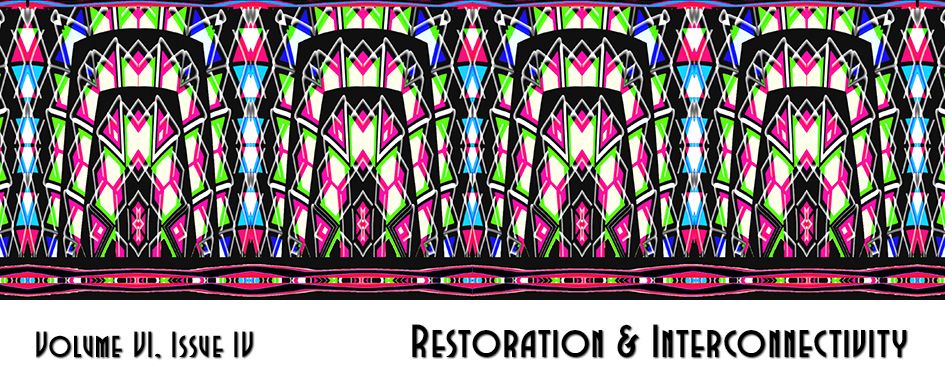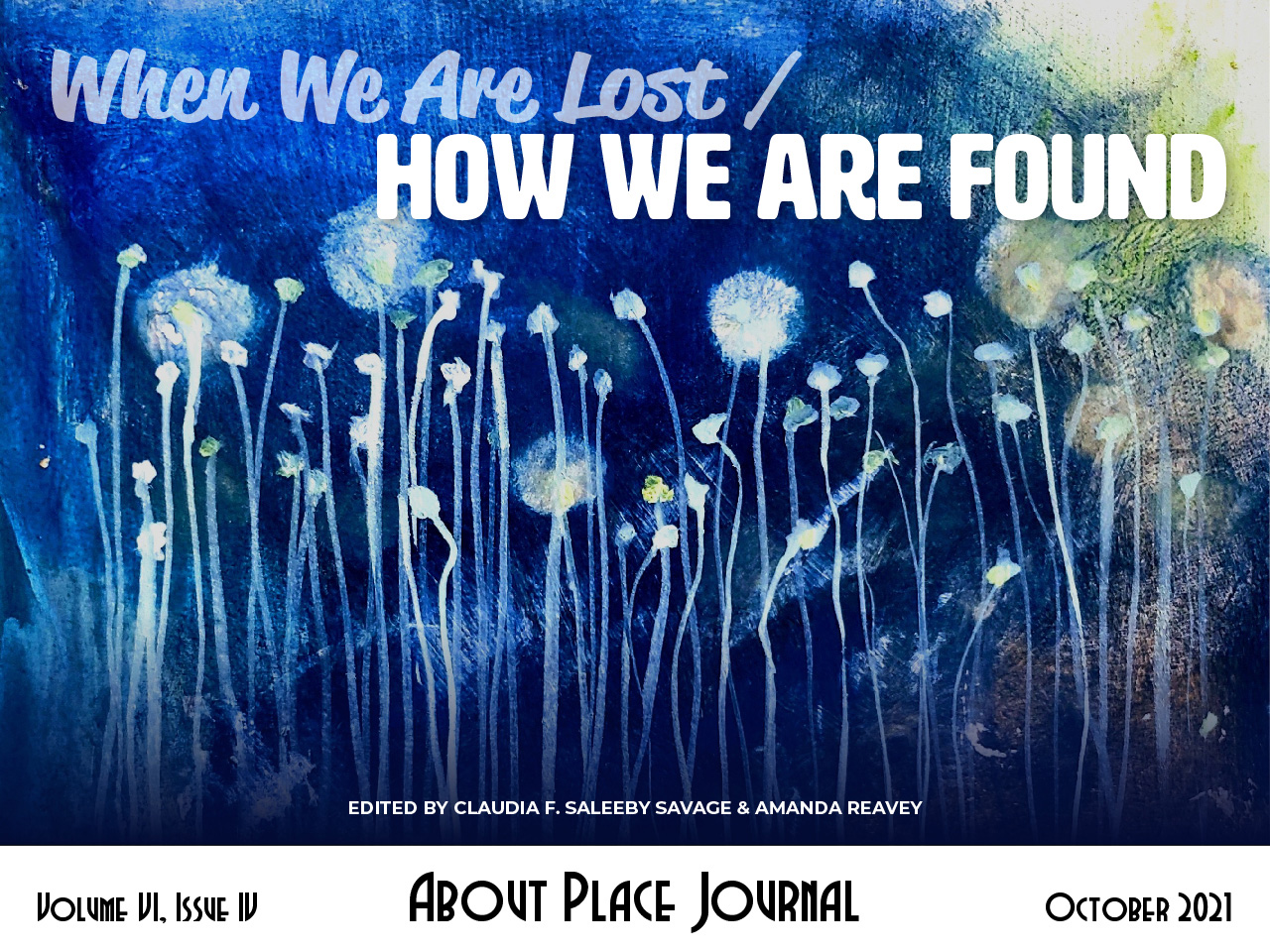The day the rains started we got the news. Carol, moved from hospital to hospice, cancer declaring victory. And Tom, dead on his own bedroom floor with a hole in his heart. At mid-day, the crisp May air solidified into darkness, clouding out the sunlight. Brutal winds tore up and down the fields around the high school, tornado-like, tearing the roof right off the baseball dugout. Dumped it in the brambles where all those old foul balls lay hidden in the spiked vines, irretrievable.
Just before that rainy week, we had too much full sun. Dry ground, parched gardens; nothing spoke of our usual April shower. But the early heat brought us out of our winter mode. We left our jackets, hats and mittens and emerged from our houses into the heart of the town. Walked dirt roads with our neighbors. Picked up take-out at the local spots along the eighth of a mile that constitutes our main drag. Stopped to say hello, caught up with the news from those we hadn’t seen in months outside of brief sightings at church or the dump or the small general store at town’s center.
In that sunny month, Reese walked off forever into the woods behind his house. We were all in it from day one, wishing for a different end to our collective story. Even those who barely knew him joined the search parties. When they found him, six days later in the first ring of woods near his home, we shook our heads in dismay. We had already looked there, in those first numb days. He had circled back around to us, the way bucks stalk their hunters, eyeing them from hidden depths in the woods. Did he have second thoughts? We all wished it were that way. But it just as easily could have been some darker message we failed to read.
Our weakest small-town links strengthen during crisis or need, the gut-punch truth of old barn-raising mentalities shifted for darker purposes. The search for him the search for ourselves, really. Our houses and camps and yurts may be layered into the folds of the Green Mountains, barely visible to the passerby, but in this town, we act as though the town lines knot us together. Despite the truth that many of our relationships are built only from mutual sightings along the main road. “Know of ‘em” is our phrase, letting anyone close enough to hear that we call them our own.
Our main street could be a movie set for quintessential quaint, and it was once. A second-rate movie that we all proudly boasted about, but few of us took time to watch. There are the transplants, of course, of which I am one though I’ve lived in this town for over thirty years. Years ago, the plumber working on the heater in our crawl space laid it out clearly. “If the cat has kittens in the oven, you don’t call ‘em muffins, do ya.” My two kids, under this town blue-law, just two more flatlanders from yonder. The locals call themselves Vermonters, and the boutique store on Main Street, the brick facade of the old bank turned upscale local products haven, sells shirts with the shape of Vermont under the all-caps proclamation “NATIVE”. As if anyone can declare such a thing.
There’s a pizza shop and a coffee place. Years ago, there was a diner that wasn’t trying to be one, called the Squirrel’s Nest, a trailer-like structure on the outskirts of town that served omelets and steak and eggs and bacon. All you can eat spaghetti on Tuesdays. It shut down, when the owner was brought down by the FBI for drug smuggling and racketeering. Only afterward did any of us say we knew he was up to no good. While we enjoyed our sunny-side up eggs and tanked our coffee under his aproned big-belly smile, we glowed when ole Crary called us by name. Let his brash voice tether us to something we wanted to belong to.
We are by no means bland or even Kum-by-yah easy. Patrice stands up in town meeting each year, proclaiming that the school system is run by communists; the teachers brainwashing our town kids to believe in Satan. Clayton raises his hand to speak, making sure we all see the machete hitched to his belt, just after Eugene has made his plea for less road salt to save the dragonflies along our river. We sit quietly in our seats, held by our town moderator and his thick book of Robert’s Rules, but also by the long arms of the mountain ridge that run along the western edge of town. We shift uneasily if a moment lingers; we measure the length of the blade and our neighbor’s faces. Determine if action is needed. Clayton stands down, having held our rapt attention for the length of his oration. Patrice repaints the sign at the edge of her short driveway, further delineating the communist threat to our town. Months afterward, as we gather at the many swimming holes along our river, we find ourselves counting dragonflies, pondering their existence.
A family that many “knew of” had a baby and didn’t announce a name. Word spread fast, and soon the whole town was holding the issue with nervous anticipation. We saw the need and gossiped endlessly, working toward our own solutions. Someone put a “Name Baby Durfee” jar in the bakery, perched near the croissants and muffins. Even townsfolk who muttered “damn hippies” under their breath scribbled baptismal ideas on little slips of paper. Each day for one long month, the parents ambled in just before closing, baby X in their arms. They unscrewed the ball jar lid, read each and every slip of paper. Took our panic into their careful consideration. Our town, a simple glass jar full of scribbled ideas and wishes. When they finally named our newest member, we all settled back from the edge of our seats. Pretended it was our name choice that the family had selected.
In the heavy rains of May we hold our breath, unable to plant a thing in our gardens. The azaleas bloom because of the extended light, but without the usual gallantry. Two down, no obvious reasons and one fighting for a life she’s not allowed to hold onto. We shake our heads as we make our way into the bakery, order our coffees and pass pleasantries, nod quietly or reach for a hug, depending on how we measure the threads of our connections.
Ken and I have a waving connection. He lives down the road, caretakes an enormous tract of land for out-of-state owners. When he rides down the road on his tractor, Bella the white-tan lab sleeping behind him on the plywood platform he constructed just for her, I wave a hello. When he’s working, I don’t stop to distract him. On the days he walks around the circle, as we call it — a conjunction of roads creating a loop popular with us South Town folks — I slow my car, roll down the window and get the news. Who’s logging where. What the last storm did to the forest behind us.
One early November, I was skiing out back when I came across blood-spattered deer prints pressed into the early wet snow. I followed them for hours, my ski track parallel to the wounded mark as it strung its way through forest and field. I’m not sure what I thought I would find, or what I would do if I came across anything half-alive. But once I found the tracks, I couldn’t stop the search. After an hour or so, we ran into each other. Ken, with Bella at his heels, his boots and her paws dotting the snow.
“See anything?”
“No. Just tracks,” and I pointed my ski pole at red-laced snow crossing the field ahead.
“Bastards shot it from their car window on the road. Grey Toyota. I got the plates.” Here, Ken looked up with a determined grin and I knew he would find them. He takes his caretaking seriously, both the land and the critters that walk it.
“Big buck, too. I’ve been watching him these past months. God damn shame.” Ken patted Bella while he scoured the forest in front of us.
“I’m giving up,” I told him, my skis making a flower of imprints as I turned around.
“It’s headed up, but it won’t go much further. Not with all that blood leaking.” He nodded to the patch in front of us, hoofprints pressed a dark red. “Damn shame.”
We’ve had death in our town before. So much, really, that we don’t like to count, but doesn’t every place have this cycle of death and birth? We publish ours in the town report in March, one page for deaths and burials. One page for births and marriages. You can’t contain much in those thin eight and a half by eleven pages. Small, printed marks like headstones, so much buried underneath. We live and die and like recently, take our own lives while others succumb to the fact that they don’t have precious hours to lose. We living are left wondering. Wishing everything could be solved by a simple naming.
I worry about a third. Another man, in his sixties, or a younger person, deciding they just can’t take it any longer. Making a drastic move to attempt to slip away from it all. Their relief morphing into our living pain as we all, no matter how close we know them, pick up the feelings they couldn’t contain. We hold their anger, their grief, their disbelief inside our guts. Ask if there was a way we could have held them sooner.
Silently, we wonder which one of us is next; either for the side of the living who wish to die, or the dying who wish to live.
We keep cautiously to the center of our town street. Pass the bakery with a nod, the laundromat with its enormous driers full of heat we so desperately need on these lost cold days. Pass the window of Vermont products enticingly displayed so tourists stop to buy a slice of this. The syrup. The wooden toys Gleason makes in his shop. Socks Ada knits on her machine in the north end of town. Generations of love and loss. Present lives hanging in the abyss. Animals half-poached and running for their lives into the safety of these Green Mountains. Babies we want to know by name. People who’ve touched our hearts, or ones we don’t know anything about at all but count on them to arrive at the dump at the same time we do. Garbage bags in hand, a hearty hello at the ready. We track each precious print together. Townsfolk, neighbors, people we’ve never really met; yet we’d join the search without thinking. If only we knew they were lost. Together, we carry the truth that we can travel alone only so far with so much leaking from our insides.


